 Sometimes we don’t have the best neighbors. For example, a neighbor might block access to your land, arguing that it is, in fact, the neighbor’s land you traverse on a daily basis. When such a dispute arises, get a good real estate attorney. If ingress to a piece of your property requires you to pass over someone else’s land, you might need to seek an easement. An easement is simply a right of passage through someone else’s land. This can be done in one of three ways: (1) by agreement, (2) by traditional or historic use, or (3) by necessity. In a recent case, the parties fought over the right to pass over a gravel road in Webster Parish, Louisiana. In the case, the court discusses its discretion in deciding whether an easement is necessary.
Sometimes we don’t have the best neighbors. For example, a neighbor might block access to your land, arguing that it is, in fact, the neighbor’s land you traverse on a daily basis. When such a dispute arises, get a good real estate attorney. If ingress to a piece of your property requires you to pass over someone else’s land, you might need to seek an easement. An easement is simply a right of passage through someone else’s land. This can be done in one of three ways: (1) by agreement, (2) by traditional or historic use, or (3) by necessity. In a recent case, the parties fought over the right to pass over a gravel road in Webster Parish, Louisiana. In the case, the court discusses its discretion in deciding whether an easement is necessary.
In this case, Alvah Corley and Cathy Corley owned two pieces of land that were not adjacent to each other, the Corley Home (the “Corley Land”) and a 54-acre plot of land (the “54”). The 54 lies east of the Corley Land but in between those two plots were two other tracts of land. One tract was owned by Carlton and Jan Frye (the “Frye Land”) and the other owned by Carol Ann Sims Tabor, Hallie Sims, and Gilbert Sims (the “Sims-Tabor Land”). Historically, getting to the 54 meant traversing a gravel road that started on a public road, crossed through the Corley Home, through the Frye Land, yet more through the Sims-Tabor Land, and then finally reaching the 54. There is an alternate route that only passes through the Sims-Tabor Land. However, the route is flooded during certain periods of the year. At one point, Carlton Frye placed a locked gate, stopping the Corleys from crossing through the Frye Land, which gave rise to this claim.
At trial, the Corleys sought three orders from the Trial Court: (1) an injunction to stop the Fryes from denying the Corleys access through the Frye Land, (2) a declaration that the 54 is an “enclosed estate,” and, in the alternative, (3) an order that maintained the Corleys’ right of passage through the Frye Land based on 30 years of use. The Trial Court found in favor of the Corleys, declared the 54 to be an “enclosed estate,” granted the Corleys right of passage across the Frye Land, and ordered that the Fryes be compensated $400 yearly by the Corleys. To this, the Fryes appealed.
 When you are in a motor vehicle accident, there are many issues that can arise as to the issue of fault and whose version of events is more reliable. Conflicting versions of what happened can make it difficult for the court to assign fault. It is thus important to always be aware of your surroundings and the laws of driving a motor vehicle, as illustrated in the following case.
When you are in a motor vehicle accident, there are many issues that can arise as to the issue of fault and whose version of events is more reliable. Conflicting versions of what happened can make it difficult for the court to assign fault. It is thus important to always be aware of your surroundings and the laws of driving a motor vehicle, as illustrated in the following case.  Louisiana Personal Injury Lawyer Blog
Louisiana Personal Injury Lawyer Blog


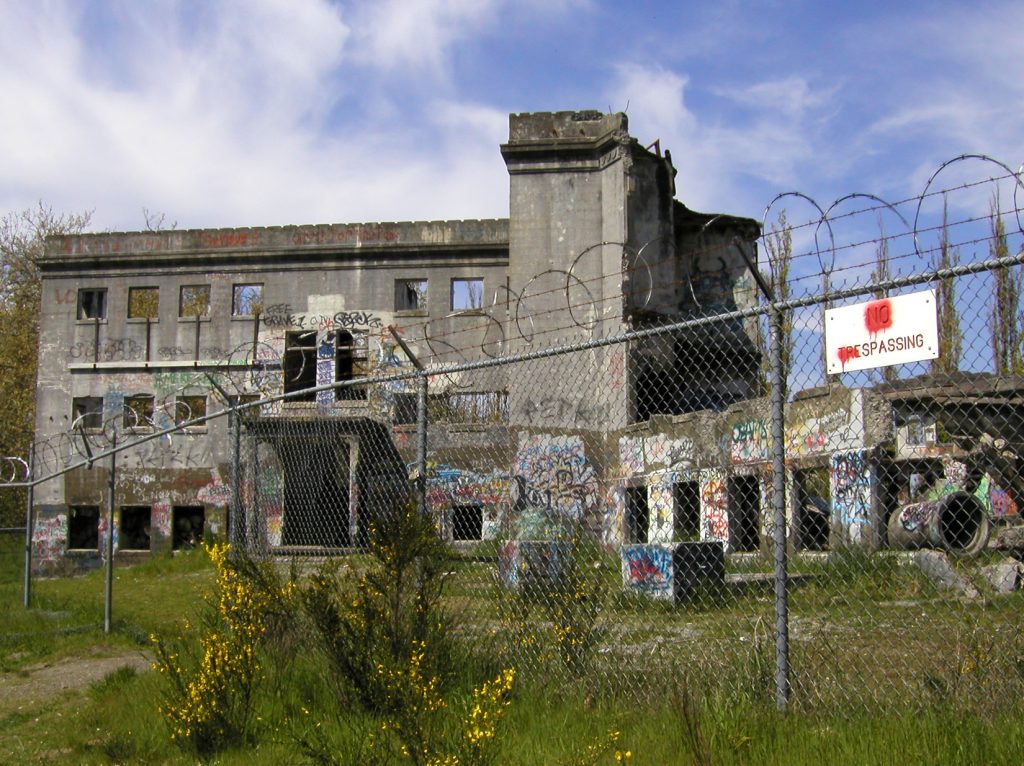 In November 2008, in Claiborne Parish, Mr. Fields went to Willis Knighton Claiborne Regional Health Center for complaints of diarrhea. Mr. Fields also had an extended history of medical issues, including hypertension and a kidney transplant. He saw a nurse practitioner, who consulted with a doctor and gave him a prescription for a generic antibacterial, which he took as directed. About a week later, he called his doctor’s office complaining that the medicine was making him feel worse. He alleged that he was instructed to continue taking the medicine as originally directed.
In November 2008, in Claiborne Parish, Mr. Fields went to Willis Knighton Claiborne Regional Health Center for complaints of diarrhea. Mr. Fields also had an extended history of medical issues, including hypertension and a kidney transplant. He saw a nurse practitioner, who consulted with a doctor and gave him a prescription for a generic antibacterial, which he took as directed. About a week later, he called his doctor’s office complaining that the medicine was making him feel worse. He alleged that he was instructed to continue taking the medicine as originally directed.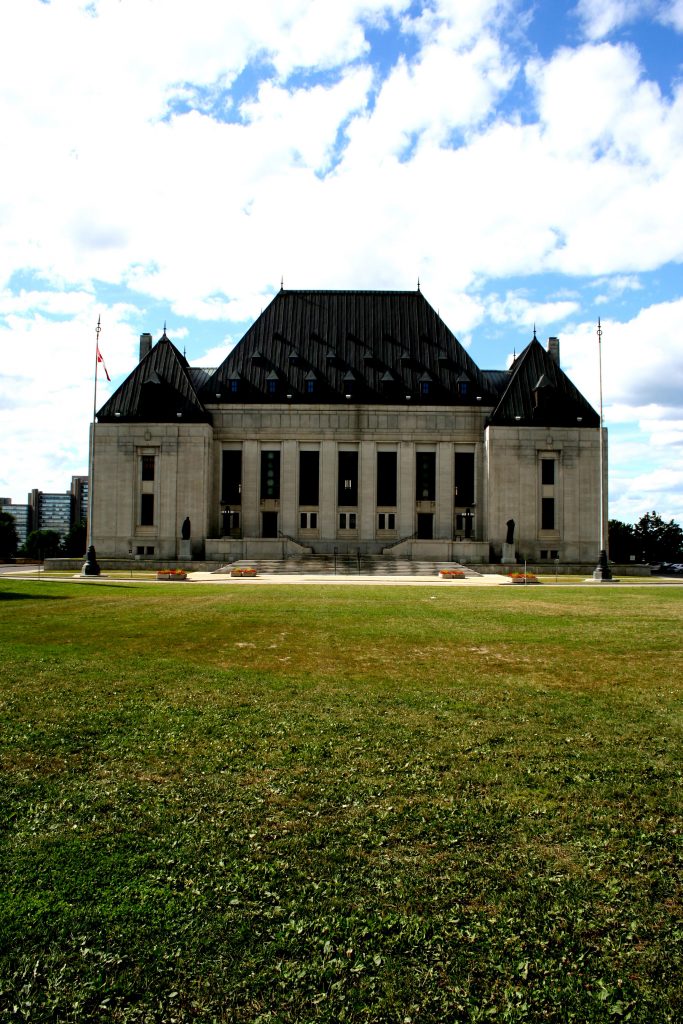 When asserting a claim under constitutional law, the moving party must meet a specific standard that is easily navigated by an attorney. As one Louisiana man recently learned, without the help of a lawyer, navigating these pleading standards can be difficult and detrimental to the outcome of your case.
When asserting a claim under constitutional law, the moving party must meet a specific standard that is easily navigated by an attorney. As one Louisiana man recently learned, without the help of a lawyer, navigating these pleading standards can be difficult and detrimental to the outcome of your case. In a lawsuit, a client’s claims need to be monitored every step of the way. If an issue is revived in an appeal, an attorney must keep track of it and reinforce it at each new representation. If an attorney doesn’t continue to assert a claim, a court might think the party abandoned the issue and the court will not review it on appeal. Keeping these claims alive is not a major undertaking, but as Glenn E. Alphonse, Jr. learned in his recent case, even the slightest misstep in this area can make or break an outcome.
In a lawsuit, a client’s claims need to be monitored every step of the way. If an issue is revived in an appeal, an attorney must keep track of it and reinforce it at each new representation. If an attorney doesn’t continue to assert a claim, a court might think the party abandoned the issue and the court will not review it on appeal. Keeping these claims alive is not a major undertaking, but as Glenn E. Alphonse, Jr. learned in his recent case, even the slightest misstep in this area can make or break an outcome.  We enter into contracts all the time without putting the agreement in writing; we form contracts when we buy a cup of coffee, when we shop online, etc. Some types of contracts, however, are required by law to be in writing. Kevin and Monica Schmidt (the Schmidts) learned this the hard way when they could not enforce an oral agreement to frack oil wells in Beauregard Parish.
We enter into contracts all the time without putting the agreement in writing; we form contracts when we buy a cup of coffee, when we shop online, etc. Some types of contracts, however, are required by law to be in writing. Kevin and Monica Schmidt (the Schmidts) learned this the hard way when they could not enforce an oral agreement to frack oil wells in Beauregard Parish. Sometimes we don’t have the best neighbors. For example, a neighbor might block access to your land, arguing that it is, in fact, the neighbor’s land you traverse on a daily basis. When such a dispute arises, get a good real estate attorney. If ingress to a piece of your property requires you to pass over someone else’s land, you might need to seek an easement. An easement is simply a right of passage through someone else’s land. This can be done in one of three ways: (1) by agreement, (2) by traditional or historic use, or (3) by necessity. In a recent case, the parties fought over the right to pass over a gravel road in Webster Parish, Louisiana. In the case, the court discusses its discretion in deciding whether an easement is necessary.
Sometimes we don’t have the best neighbors. For example, a neighbor might block access to your land, arguing that it is, in fact, the neighbor’s land you traverse on a daily basis. When such a dispute arises, get a good real estate attorney. If ingress to a piece of your property requires you to pass over someone else’s land, you might need to seek an easement. An easement is simply a right of passage through someone else’s land. This can be done in one of three ways: (1) by agreement, (2) by traditional or historic use, or (3) by necessity. In a recent case, the parties fought over the right to pass over a gravel road in Webster Parish, Louisiana. In the case, the court discusses its discretion in deciding whether an easement is necessary. 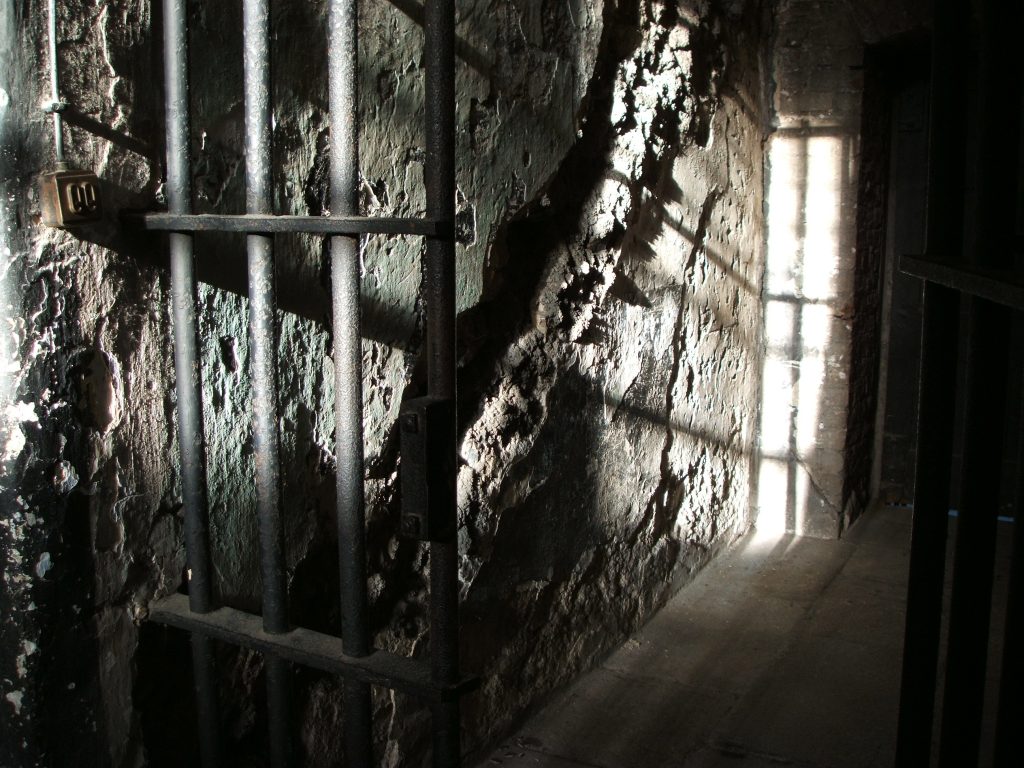 The importance of adhering to required timelines and District Court orders could not be overstated. A failure to comply with court deadlines can result not only in your claims being dismissed but also a heavy fine. Former inmates at Richwood Correctional Center (“RCC”) learned that the hard way on appeal in the Louisiana Second Circuit of Appeal.
The importance of adhering to required timelines and District Court orders could not be overstated. A failure to comply with court deadlines can result not only in your claims being dismissed but also a heavy fine. Former inmates at Richwood Correctional Center (“RCC”) learned that the hard way on appeal in the Louisiana Second Circuit of Appeal.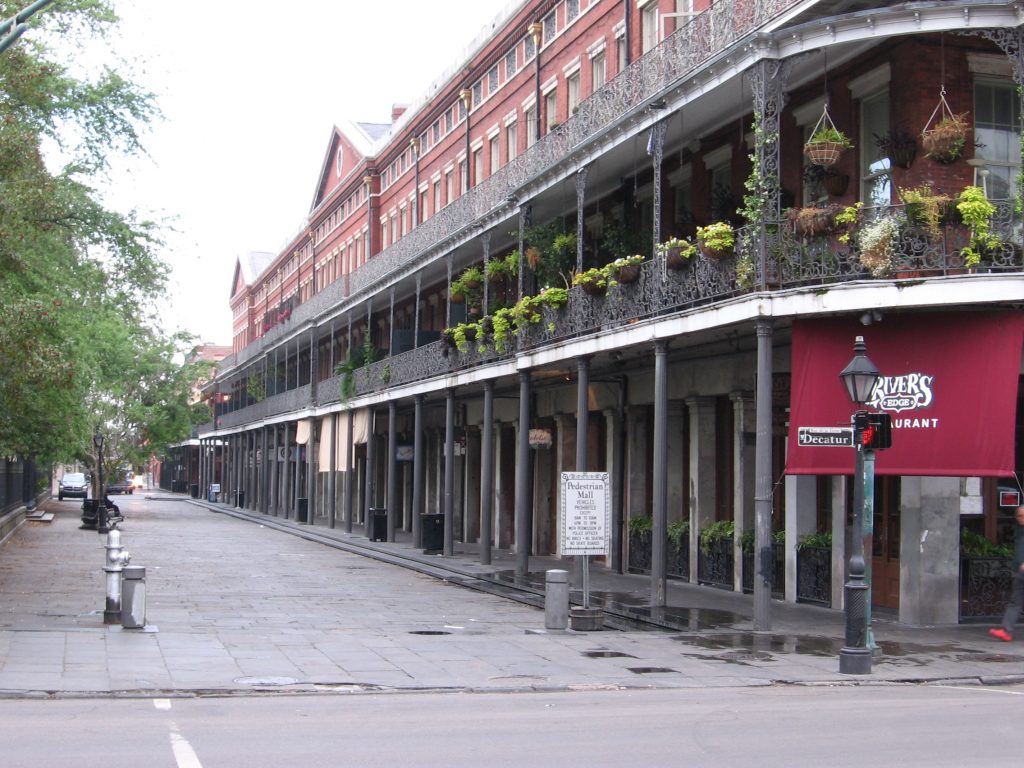 How familiar are you with your motorist insurance policy? Are you fully covered for uninsured/underinsured motorist coverage? In Louisiana, uninsured motorist coverage protects you if you’re in an accident with an at-fault driver who doesn’t carry liability insurance. Underinsured motorist coverage, on the other hand, steps in when you’re in an accident with an at-fault driver whose liability limits are too low to cover the damage or medical expenses. Every insurance policy in Louisiana is considered to include uninsured/underinsured motorist coverage unless it is validly rejected. In a recent case, the Louisiana Fourth Circuit Court of Appeal found that an electronic signature on an online form was valid to uphold an insurance policy.
How familiar are you with your motorist insurance policy? Are you fully covered for uninsured/underinsured motorist coverage? In Louisiana, uninsured motorist coverage protects you if you’re in an accident with an at-fault driver who doesn’t carry liability insurance. Underinsured motorist coverage, on the other hand, steps in when you’re in an accident with an at-fault driver whose liability limits are too low to cover the damage or medical expenses. Every insurance policy in Louisiana is considered to include uninsured/underinsured motorist coverage unless it is validly rejected. In a recent case, the Louisiana Fourth Circuit Court of Appeal found that an electronic signature on an online form was valid to uphold an insurance policy. 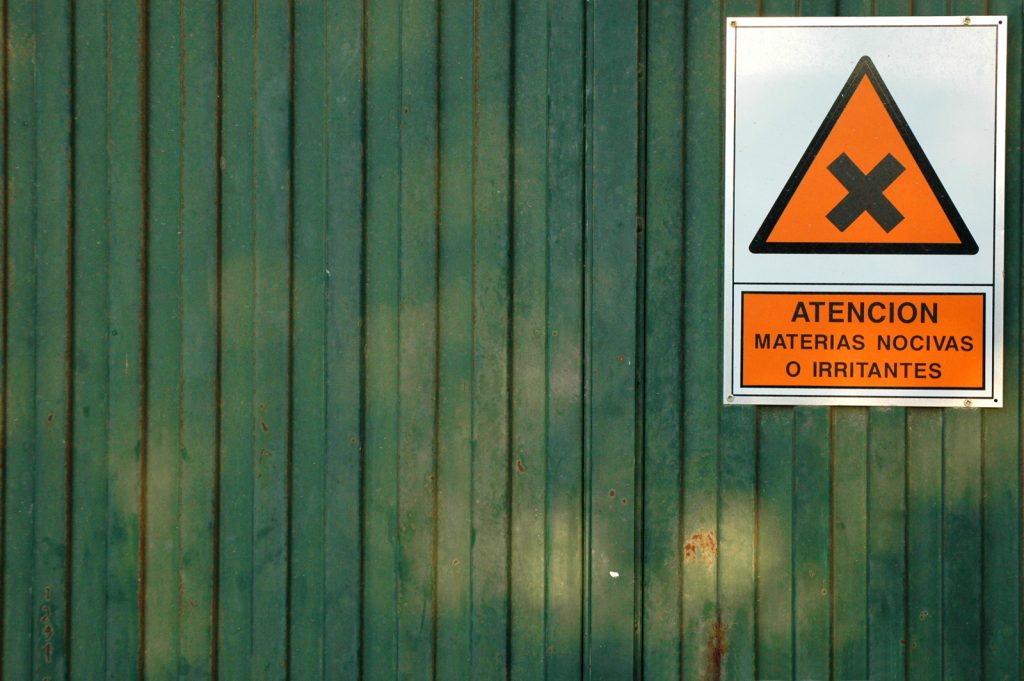 A unique feature of our American federal system is the separate yet intertwined system of state and federal courts. Sometimes a dispute may begin in a state court and end up in federal court. And sometimes, there may end up being parallel proceedings in both the state and federal systems. There are limits, however. A federal court can decline to hear an action if there is a parallel proceeding in the state court system. Recently, the Fifth Circuit Court of appeal was called upon to determine whether a district court erred when it declined to hear a declaratory action and related counterclaims.
A unique feature of our American federal system is the separate yet intertwined system of state and federal courts. Sometimes a dispute may begin in a state court and end up in federal court. And sometimes, there may end up being parallel proceedings in both the state and federal systems. There are limits, however. A federal court can decline to hear an action if there is a parallel proceeding in the state court system. Recently, the Fifth Circuit Court of appeal was called upon to determine whether a district court erred when it declined to hear a declaratory action and related counterclaims. Reasonable minds could perhaps agree that “reasonableness” is a word not easily defined. What is reasonable to one person may or may not be reasonable to another. Yet, “reasonableness” is often the term used to measure the soundness of lower courts’ decisions on appeal. And in the case at hand, a “reasonable” conclusion by one person completely barred an entire personal injury lawsuit against multiple parties.
Reasonable minds could perhaps agree that “reasonableness” is a word not easily defined. What is reasonable to one person may or may not be reasonable to another. Yet, “reasonableness” is often the term used to measure the soundness of lower courts’ decisions on appeal. And in the case at hand, a “reasonable” conclusion by one person completely barred an entire personal injury lawsuit against multiple parties.